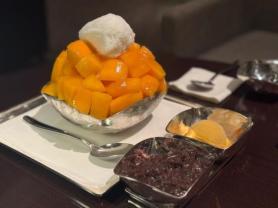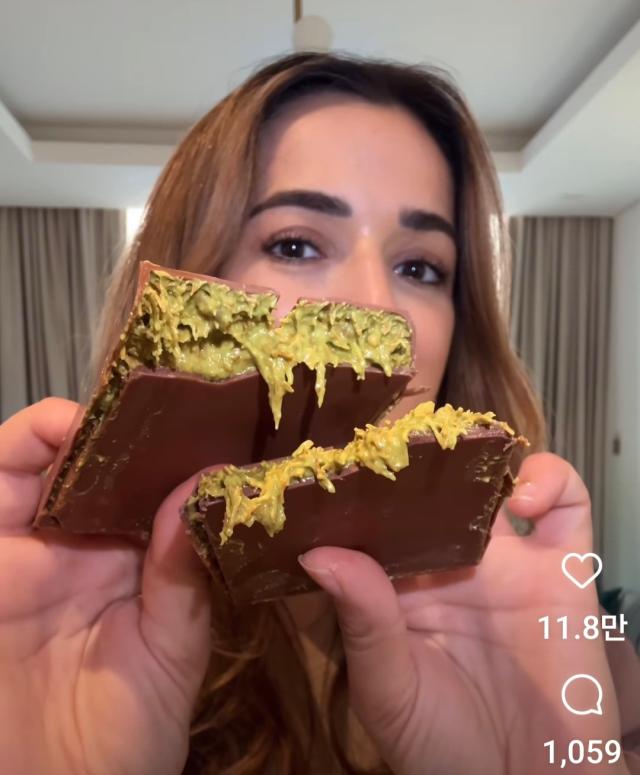
Until May, there were no searches for keywords like "Dubai chocolate" on Google Trends, but they have instantly become one of the most searched keywords since early June.
The latest craze comes after the whirlwind frenzy for tanghulu, a Chinese candied fruit treat. Reflecting Koreans' capricious tastes, a wave of tanghulu shops and stalls has quickly vanished from Korean streets.
According to data from the Ministry of the Interior and Safety, nearly 150 of these establishments have closed over the past five months across the country, surpassing the total closures of 77 last year.
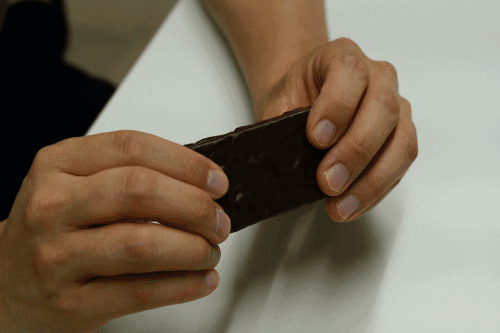
The stuffed chocolate bar is exclusively available at Dubai-based Fix Dessert Chocolatier, making it difficult for Korean consumers to get their hands on it. The scarcity is fueling its popularity on social media like TikTok and YouTube.
As demand rises and supply remains scarce, a slew of cafés and bakeries in Seoul's trendy districts like Hongik University areas and Seongsu-dong have begun offering their customized versions of the coveted chocolate bar.
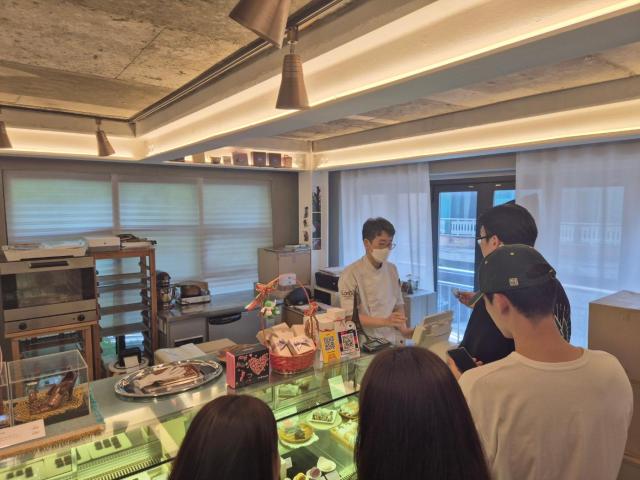
Expressing her excitement, Lee Da-hae, 28, said it was her first time waiting in line to buy something. "I was drawn to this exotic chocolate bar while surfing through YouTube. I was intrigued by this new dessert I've never seen before."
Some enthusiasts have even begun making their own versions of the chocolate bar. One YouTube tutorial showing how to make it has garnered 3.85 million views, while another featuring an ice cream mixed with the chocolate bar has reached 4.14 million views.
Choi Na-ra in her early 30s wanted to taste the treat but couldn't buy it. Instead, she decided to make her own, spending around 20,000 Korean won ($14) on ingredients like chocolate and pistachio paste and using vermicelli as a substitute for kataifi.
"It was more challenging than I thought," she admitted. "But it was worth it, though, as my homemade version turned out great with the soft and savory flavors of pistachio paste inside coated with chocolate."
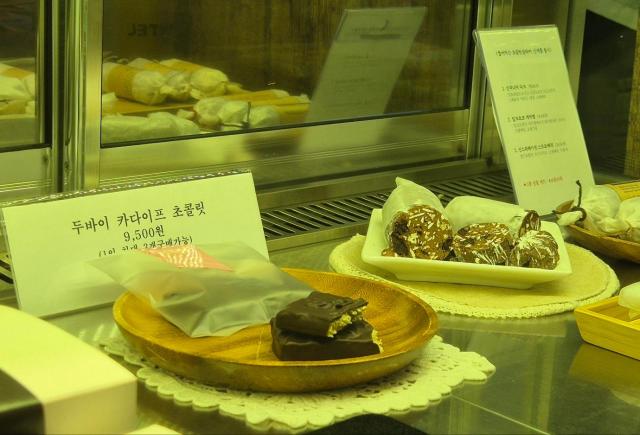
A video clip featuring a lavashak recipe, uploaded by a popular YouTuber with1.06 million followers, attracted numerous comments from Iranians who expressed delight at seeing their traditional food embraced in Korea.
One comment reads, "I'm from Iran, and my parents love this video." Another comment says, "I'm a Parsi living in Korea. It's great to see my country's snack on a Korean YouTube channel."
What is driving this trend? Lee Young-ae, a professor at Incheon National University, explains that Korean dessert lovers are looking for more than just a tasty treat. "Young Koreans' fixation on desserts has now shifted from simply tasting something delicious to experiencing something new and unique. They're on a quest for excitement and thrills by experiencing something they've never had before," Lee told Aju Press last week.
She added that social media has fueled this trend. "People are often intrigued by things they barely know before and react instantly to them. Thanks to the ubiquitous nature of online access, these reactions can quickly go viral worldwide."
Copyright ⓒ Aju Press All rights reserved.

